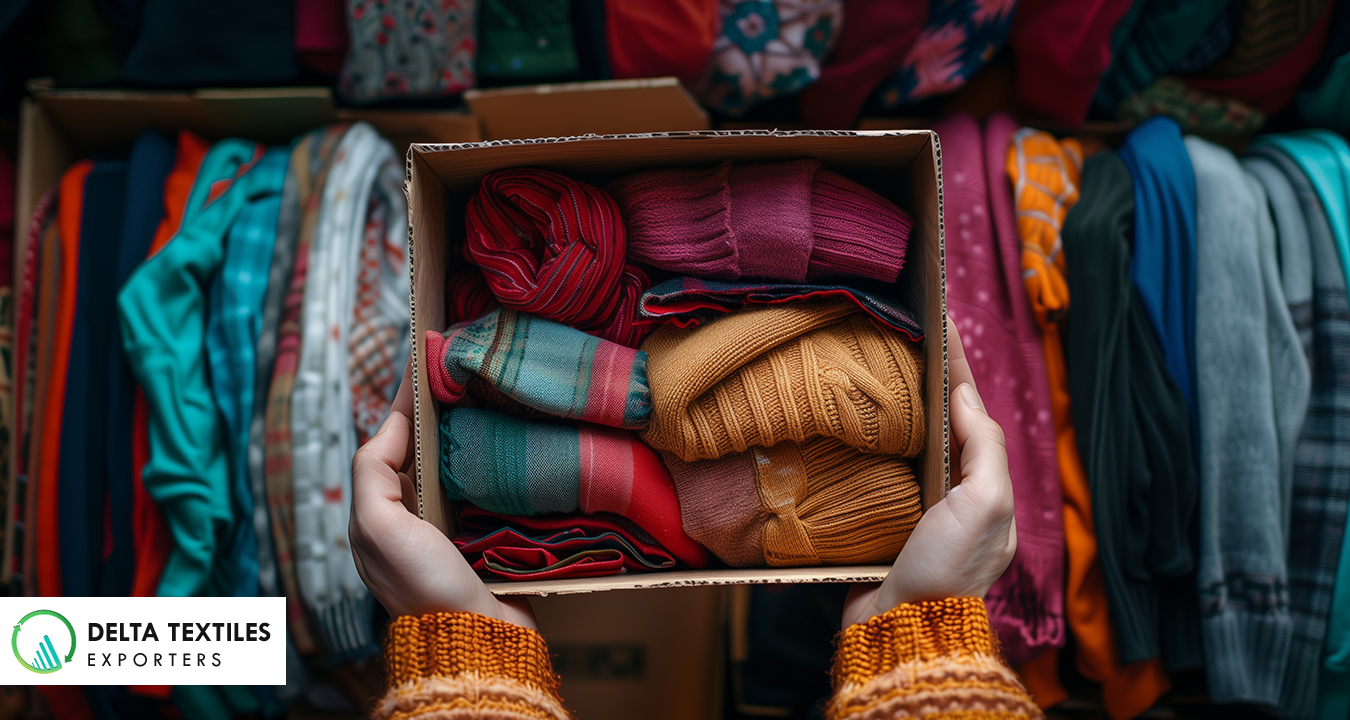
In recent years, sustainable practices have become a driving force in the textile industry. In Vancouver and Delta, environmental concerns are growing and textile exporters are leading the way in adopting sustainability. These efforts reduce environmental impact and meet the increasing demand for eco-friendly products. Continue reading to learn more about the eco-friendly practices implemented by textile exporters in Delta and Vancouver.
One of the most significant shifts in the textile industry is the move towards eco-friendly materials. When it comes to textile exporters, Vancouver and Delta companies are increasingly using organic cotton, recycled polyester, and other sustainable fibres. These materials require less water, energy, and chemicals to produce significantly reducing their environmental footprint.
In addition, some companies are exploring innovative materials such as bamboo and hemp, which grow quickly and require minimal pesticides. By prioritizing eco-friendly materials, textile exporters are making substantial progress in reducing their overall environmental impact.
Energy consumption is a major concern in textile manufacturing. To address this, many textile exporters have invested in energy-efficient technologies. These include advanced machinery that consumes less power and utilizes renewable energy sources like solar and wind.
Implementing energy-efficient practices lowers greenhouse gas emissions and reduces operational costs. This dual benefit drives companies to embrace sustainable energy solutions, making the textile export industry more sustainable.
Water usage is another critical area where textile exporters are making strides. Traditional textile manufacturing is water-intensive, but innovative water conservation techniques are changing the game. Moreover, waterless dyeing technologies and digital printing methods significantly reduce water consumption. These are environmentally friendly and produce vibrant, high-quality textiles, proving that sustainability and quality can go hand in hand.
Waste reduction is an essential sustainable practice for textile exporters. Vancouver companies implement waste management strategies to minimize their waste output. These strategies include recycling fabric scraps, repurposing waste materials, and designing products with end-of-life recyclability in mind.
Some companies also partner with organizations to upcycle textile waste into new products. This circular economy approach ensures that materials are continuously reused, reducing the need for virgin resources and minimizing landfill waste.
Sustainability extends beyond environmental practices to include social responsibility in textile export. Delta and Vancouver are committed to ethical labour practices, ensuring fair wages, safe working conditions, and respect for workers’ rights. These practices are crucial for building a sustainable and ethical supply chain. By prioritizing the well-being of their workforce, these companies foster a positive working environment and enhance their brand reputation. Consumers are increasingly looking for products that are eco-friendly and ethically produced.
Transparency is key to building trust with consumers and stakeholders. Many textile exporters obtain sustainability certifications such as Global Organic Textile Standard (GOTS), OEKO-TEX, and Fair Trade. These certifications verify that products meet high environmental and social standards. Additionally, companies are enhancing transparency by providing detailed information about their supply chain, sourcing practices, and sustainability efforts. This openness allows consumers to make informed choices and supports the broader movement towards sustainable consumption.
Sustainability is at the forefront of the textile export industry in Vancouver and Delta. By embracing eco-friendly materials, energy-efficient manufacturing, water conservation techniques, waste reduction, ethical labour practices, and transparency, textile exporters are paving the way for a more sustainable future.
At Delta Textiles Exporters, we are proud to be part of this movement, continually striving to improve our practices and contribute to a greener, more sustainable world.